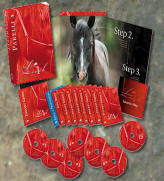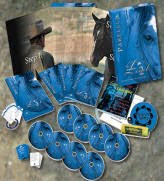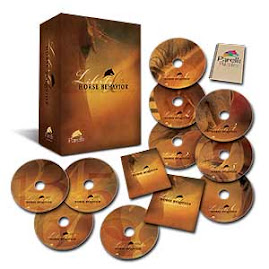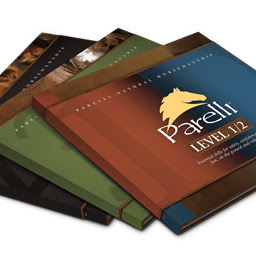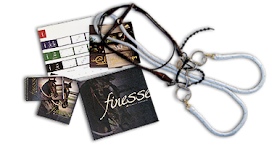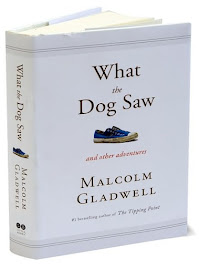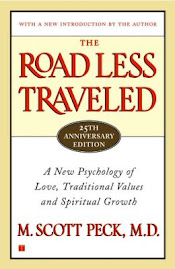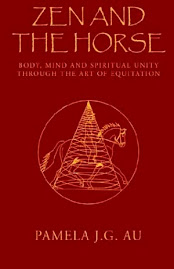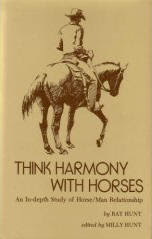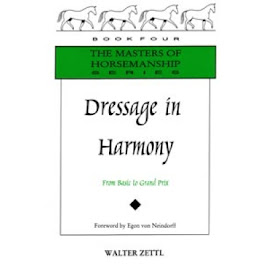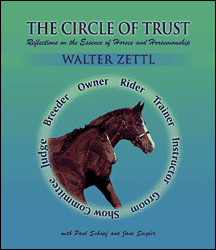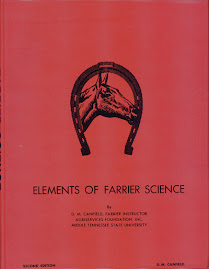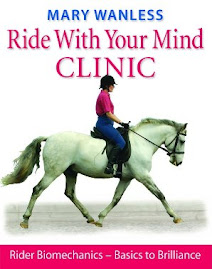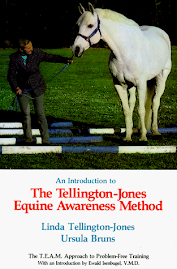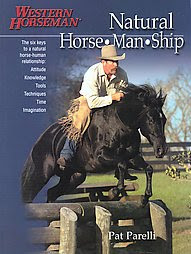"Not just a book but a spontaneous act of generosity."
www.mscottpeck.com
“The Road Less Traveled” (RLT), by M. Scott Peck, has sold more than 7 million copies and spent at least 598 weeks on bestseller lists. The book’s first words are “Life is difficult,” and its premise is that most of our unhappiness in life is the result of having attempted to avoid the legitimate suffering or pain (sustained effort, discipline, self denial) required to face and solve life’s problems.
Peck postulates that solving one’s problems requires discipline and that four tools of discipline are essential.
Quotes out of the book:
Life is difficult, mainly because the process of confronting and solving problems is painful. The benefit that results may be pleasurable but the process is painful. And since life poses an endless series of problems, life can be painful.
Yet it is this process of meeting and solving problems that gives life its meaning. Problems are the cutting edge between failure and success.
Fearing the pain, most of us attempt to avoid problems rather than meet them head on. We procrastinate, hoping they will go away. We ignore them, forget them, pretend they do not exist. We even take drugs to assist us in ignoring them, so that by deadening ourselves to the pain we can ignore the problem that causes it. We attempt to get out of our problems rather than suffering through them.
The key to learning to deal constructively with our problems lies in a system of discipline comprised of four tools.
1. Delaying gratification: Scheduling the pain and pleasures of life so as to enhance the pleasure by meeting and experiencing the pain first and getting it over with
2. Acceptance of responsibility
3. Dedication to truth
4. Balance
Good discipline takes time to think through the appropriate form. Often when we become aware of a problem in our personal lives, it so discomforts us that we demand an immediate solution and are not willing to tolerate our discomfort long enough to analyze it.
Problems do not go away. They must be worked through or they remain, forever a barrier to the growth and development of the spirit.
To willingly confront a problem early, before we are forced to by circumstances, means we are putting aside something pleasant or less painful for something more painful. It is choosing suffering now in hopes of future gratification, rather than choosing to continue present gratification hoping future suffering will not be necessary.
If we have a deep internal sense of security, a deep sense of our own value, of consistent safety in the world, we can delay gratification, secure in the knowledge that the opportunity for gratification, like home and parents, is always there, available when needed.
Dedication to reality
Truth is reality. That which is false is unreality. The more clearly we see the world, the better equipped we are to deal with it. Only a fortunate few continue until the moment of death exploring the mystery of reality, ever enlarging, refining, and redefining their understanding of the world and what is true. Most feel that their maps are complete and accurate. Even if this were once true, the world is forever changing and we must continually revise our views. Yet it is so very difficult to give up our maps, behaviors that have worked in the past, that we have been positively rewarded/reinforced for continuing to use them.
Mental health is the on-going process of dedication to reality at all costs. We must always hold the truth to be more important, more vital to our self-interest, than our comfort. Life must be a continuous and never-ending stringent self-examination. We only know the world through our relationship to it. Therefore, to know the world we examine both it and the examiner.
The only way we can be certain that our map of reality is valid is to expose it to the criticism and challenge of other mapmakers. In other words, live a life willing to be personally challenged. Entering psychotherapy is an act of the greatest courage because by doing so we deliberately lay ourselves open to the deepest challenge from another human being.
A life of total honesty (clearly seeing reality, the better to deal with the world, for how can we make correct decisions/choices based on faulty data?) demands that we seek out opportunities to risk openness. (NOT to run from problems, though that is a very natural human reaction to what is perceived—and sometimes intended—as an attack, yet it also is an opportunity to test—not defend—our maps. “How we perceive the problem is often part of the problem.” If we see it as an opportunity to grow, we will learn. If we see it as an attack to be defeated, we regress. Value the differences!)
Insofar as the nature of the challenge is legitimate (and it usually is) lying (even white lies), is an attempt to circumvent legitimate suffering (the pain of confronting and solving a problem/issue, as growth can be painful). Circumvention raises the issue of shortcuts. It is okay to avail yourself of any legitimate shortcuts to growth; the key is the legitimacy, and only stringent, honest, self-examination holds the answer.
Withholding truth
Yet truth/reality can hurt, wound, even destroy. Selective withholding, the suppression of opinions, feelings, ideas, knowledge may be necessary IF it serves a higher principle.
1. Never speak falsehoods, and bear in mind that the act of withholding the truth is always potentially a lie that requires proper weight/attention be given to the significant moral decision involved.
2. The decision to withhold the truth should not be based on personal needs, such as a need for power, a need to be liked, or a need to protect one’s map from challenge.
3. Withholding should be based entirely on the needs of the person from whom the truth is being withheld.
4. Assessment of the needs of another is an act of responsibility that can be executed wisely only when one operates out of genuine love.
5. The primary factor in the assessment of the other’s needs should be that person’s capacity to use the truth for his or her personal growth.
Honesty requires self-discipline, which is why many people opt for a life of very limited honesty/openness, hiding themselves and their maps from the world. It is easier. Yet the rewards of the difficult life of dedication to truth are more than commensurate with the demands. By virtue of the fact that their maps are continually being challenged, open people are continually growing people. Through their openness they can establish and maintain intimate relationships far more effectively than closed people. They are sources of illumination and clarification; they are totally free to be. They are not burdened by the need to hide. They do not have to construct new lies to hide old ones. They waste no effort covering tracks or maintaining disguises. Ultimately, the energy required for the discipline of honesty is far less than the energy required for secretiveness. The more honest one is, the easier it is to continue being honest. Just as the more lies one has told, the more necessary it is to lie again. Through the exercise of their courage to live in the open, they become free from fear.
Balancing
To be organized and efficient, to live wisely, we must daily delay gratification and keep an eye on the future. Yet to live joyously we must also possess the capacity to live in the present and act spontaneously. This requires flexibility and judgment, our discipline must be disciplined.
Growth is change and frequently requires giving up something, which is painful. If we are to grow we must continually give up parts of ourselves, sacrificing what we are today for what we can be tomorrow. For a relationship to grow, we must give up parts of ourselves.
The only alternative to this giving up is to not grow. Strange as it may seem, most people choose this alternative. Yet, it is in the giving up of self that human beings can find the most ecstatic, lasting, solid, durable joy of life, the joyful sense of rebirth that accompanies the successful transition into greater maturity.
Bracketing is balancing the need for stability and the assertion of the self with the need for new knowledge and greater understanding by temporarily giving up oneself, putting oneself aside, so as to make room for the incorporation of new material into the self.
Each time you approach a new object, person, or event there is a tendency to let your present needs, past experiences, or expectations for the future determine what you see. If you are to appreciate the uniqueness of any datum, you must be sufficiently aware of your preconceived ideas and characteristic emotional distortions to bracket them long enough to welcome strangeness and novelty into your perceptual world. This discipline of bracketing, compensating, or self-silencing, requires sophisticated self-knowledge and courageous honesty. Otherwise each present moment is just a repetition of something already seen or experienced.
Self-discipline is a self-enlarging process. For all that is given up, even more is gained.
“Throughout the whole of life one must continue to learn to live, and what will amaze you even more, throughout life one must learn to die." - Seneca
Discipline is a system to deal constructively with the pain of problem solving. The strength and energy to use these techniques of discipline is provided by love.




